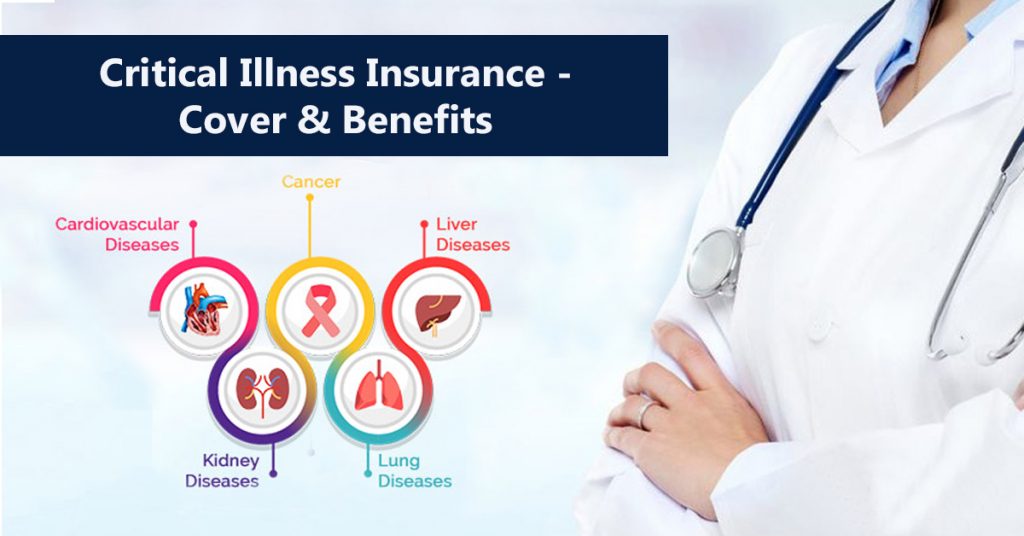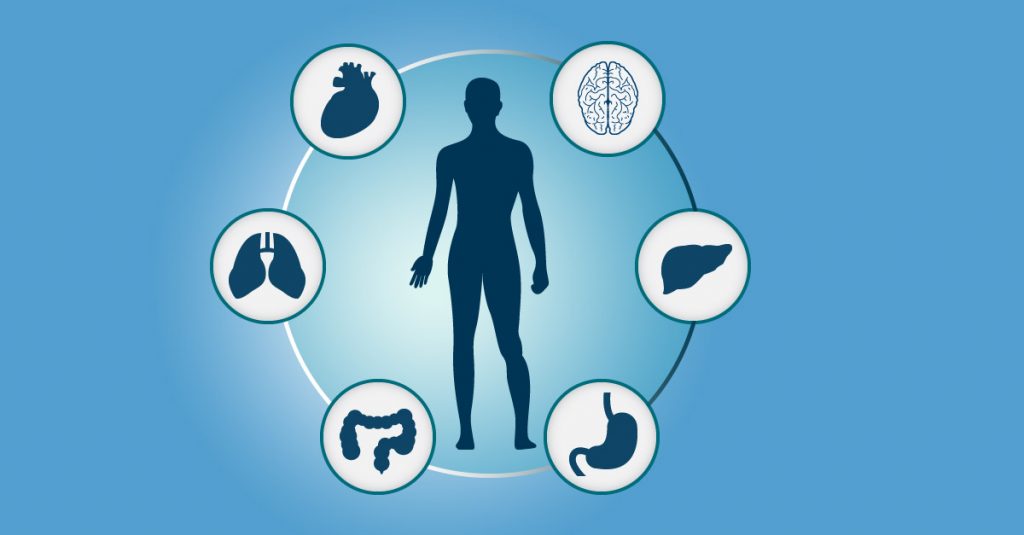
As with any insurance, the answer will change from person to person. Before we explore the need(s) of the client, we should get a better understanding of what this coverage does.
As the average life expectancy in Canada and the United States continues to increase, insurance brokers are finding ways to make sure people can afford the privilege of getting older. Critical illness insurance was developed in 1996, as people realized that surviving a heart attack or stroke could leave a patient with insurmountable medical bills.
Critical Illness coverage (CI for short) is an insurance that helps protect you and your family in case of illness. What makes this type of insurance unique is that it pays out a lump sum tax free; similar to life insurance. However unlike life insurance, this is not paid upon death but instead upon contracting one of the listed conditions.
The conditions that are covered under CI can include but are not limited to:
- Heart Attack
- Stroke
- Organ Transplants
- Cancer
- Coronary Bypass
Depending on the provider, more conditions may be listed, although these are the most common. There are also riders that can pay out a tiered benefit which covers some non life-threating medical conditions.
Along with providing you peace of mind, Critical Illness Insurance lets you:
- Receive a lump sum of money so you can fully focus on your recovery
- Replace your income, or that of your spouse or loved one so they can take time off to help take care of you
- Ensure your financial commitments are taken care of
- Protect your family’s lifestyle should you suffer form a critical illness while you still have dependents living at home
- Get financial assistance to offset the cost of help and medical treatments not covered by public insurance plans.
- Transportation expenses, such as getting to and from treatment centers, retrofitting vehicles to carry scooters or wheelchairs, and installing lifts in homes for critically ill patients who can no longer navigate staircases
- Terminally ill patients, or those simply in need of a restful place to recuperate, can use the funds to take a vacation with friends or family
Typically CI plans cost more than the equivalent in personal life insurance, as it is a living benefit. Depending on family history, it can be hard to qualify. Policy pricing is impacted by a number of factors, including the amount and extent of coverage, the sex, age, health of the insured, and family medical history

Now lets look at the need, if you have a medical policy through work you may be covered for some disabilities if they happen at work, but many illnesses are outside this scope. If you were to contract a critical illness and don’t have an emergency fund or health savings account (HAS) you will have an even harder time paying those bills out of pocket.
You can purchase critical illness insurance on your own or through your employer (many offer it as a voluntary benefit). You can also add it to your current life insurance plan as a rider, which may be a more affordable option with the same benefit.
One of the reasons companies have been keen to add these plans is that they recognize employees are worried about high out-of-pocket expenses with a high-deductible plan. Unlike other healthcare benefits, workers generally bear the entire cost of critical illness plans. That makes it a money saver for companies, as well as workers.
Part of what makes these policies appealing is that they generally don’t cost much, especially when you get them through an employer. Some smaller plans run as little as $25 a month, which looks like a bargain compared to the cost of a typical, low-deductible health insurance policy. You can also opt for a cancer only plan that will be even more cost effective for those on a tight budget.
Just keep in mind that some policies are limited in terms of the length and scope of coverage. You can buy critical illness insurance that only lasts for 10 years, for example, which will not help you if you become ill right after your policy expires. With that in mind, you should strive to buy coverage that will provide peace of mind during your entire career, and with high enough limits to protect you financially if you need it.

Because medical bills are a common cause of bankruptcy in North America, you should look at protecting yourself against that possibility, especially if you have a family history of any of the aforementioned illnesses. Critical illness insurance can alleviate financial worry in the event that you become too sick to work. It provides flexibility in that you can use the money paid out as you wish to cover a wide variety of potential needs. There are some drawbacks and stipulations to this type of insurance coverage, though. As with all types of insurance, you should speak with an advisor to find the policy that best meets your needs and situation.
